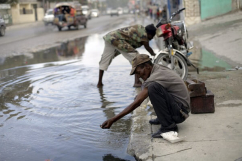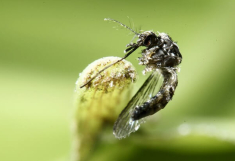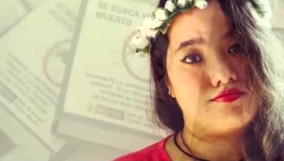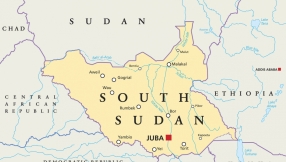
A lot of questions surround the Zika virus infection as it spreads across Latin America and threatens the entire world: Does it really cause mental deformity among babies? Can it ever be cured and eliminated?
As these mysteries still remain unanswered, another question about this incurable virus infection has arisen within the scientific community: Is the Zika virus linked to Guillain-Barre Syndrome, a rare condition that can temporarily paralyse a patient?
Scientists are working to determine if there is indeed a connection between the virus and the syndrome, as more and more cases of this condition—where a person's own nervous system is attacked by his or her immune system—are being reported in Latin America.
According to the World Health Organisation (WHO)'s weekly report on the Zika virus infection circulated in 34 countries, this rare neurological disorder that weakens the arms, legs and the upper body has already been reported in Brazil, Colombia, El Salvador, Suriname and Venezuela.
In Venezuela alone, 252 cases of Guillain-Barre have already been reported, with one patient already dead. Quite notably, this syndrome was observed at the same time and place as Zika infections.
The WHO said the exact cause of spike in the number of patients suffering from this syndrome in Latin American nations has yet to be determined.
"The cause of the increase in GBS incidence observed in Brazil, Colombia, El Salvador and Suriname remains unknown, especially as dengue, chikungunya and Zika virus have all been circulating simultaneously in the Americas," the global organisation said, as quoted by The Daily Mail.
Last Friday, senior WHO expert Marie-Paule Kieny said scientists might be able to confirm within weeks if the Guillain-Barre Syndrome is indeed linked to the Zika virus infection.
Marie-Paule Kieny, WHO assistant director-general for health systems and innovation, meanwhile said there is growing evidence that the Zika virus infection is linked to microcephaly.
"It seems indeed that the link with Zika (and microcephaly) is becoming more and more probable, so I think that we need a few more weeks and a few more studies to have this straight," she said, also as quoted by The Daily Mail.













